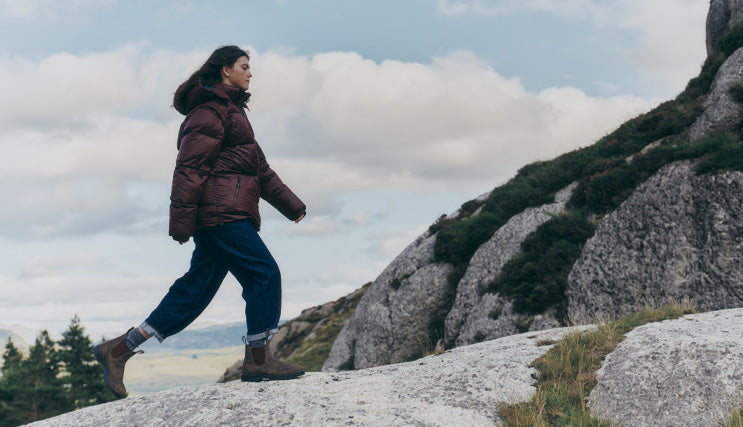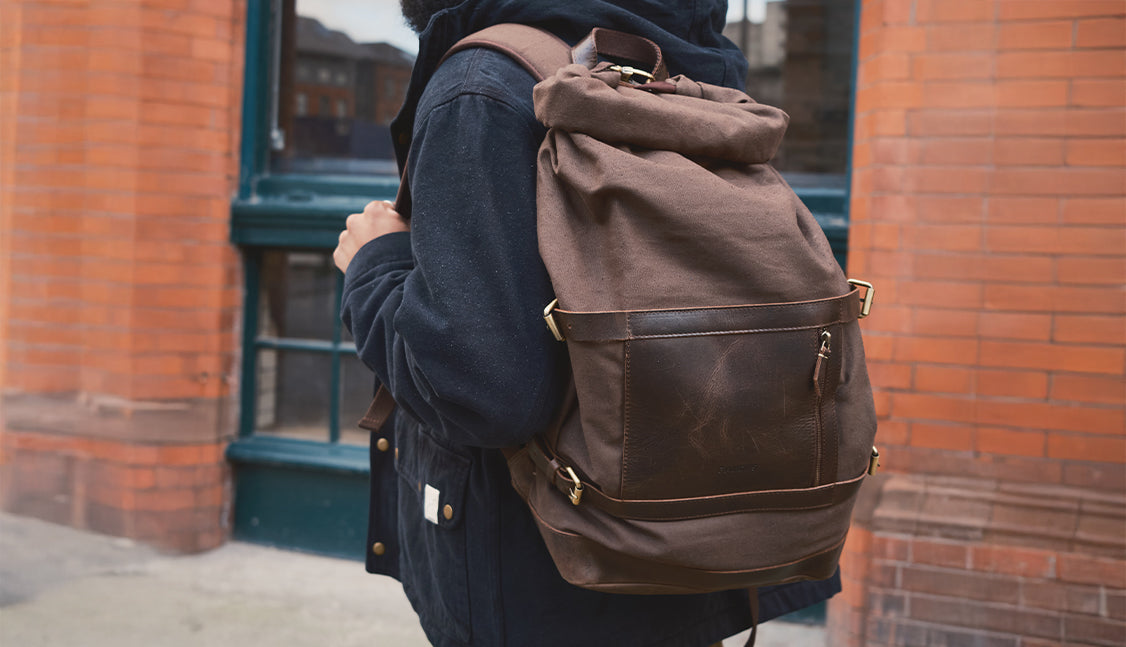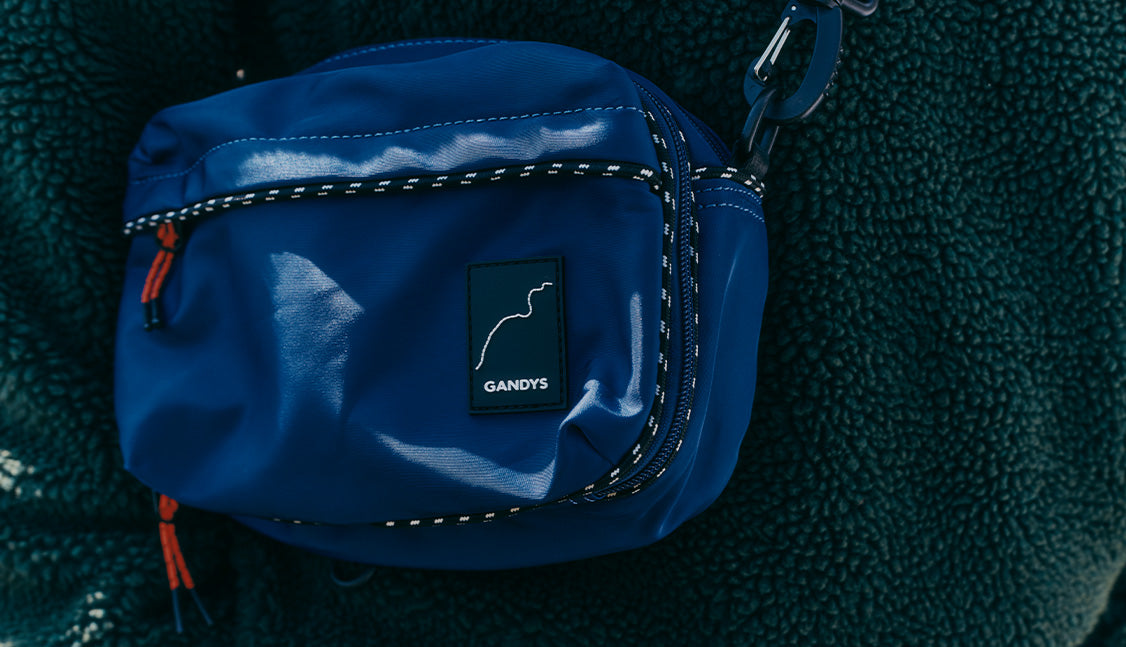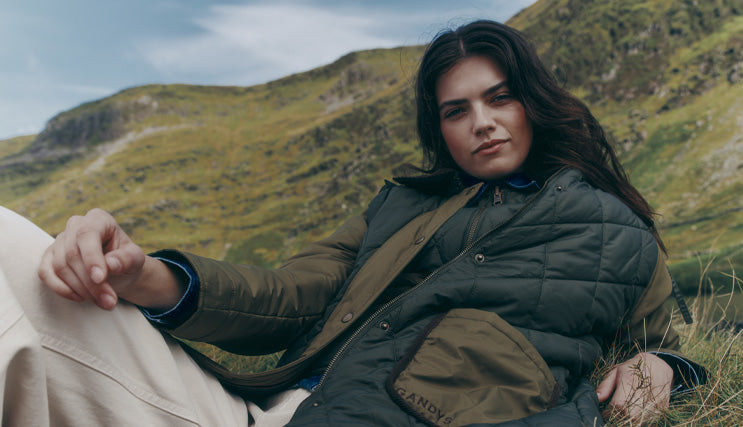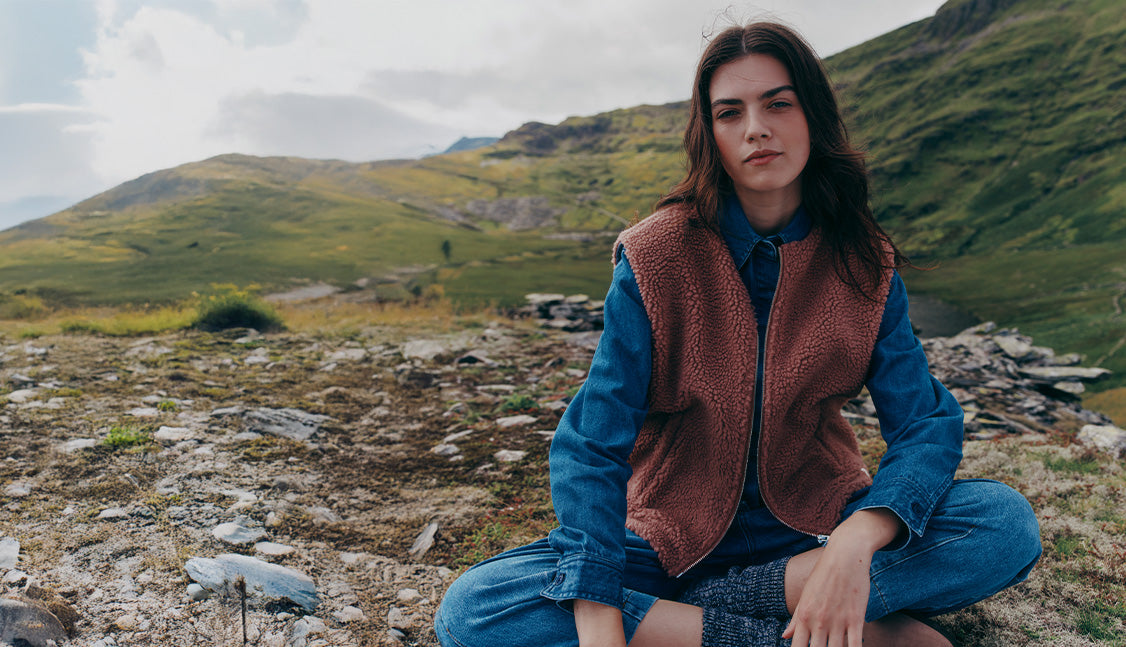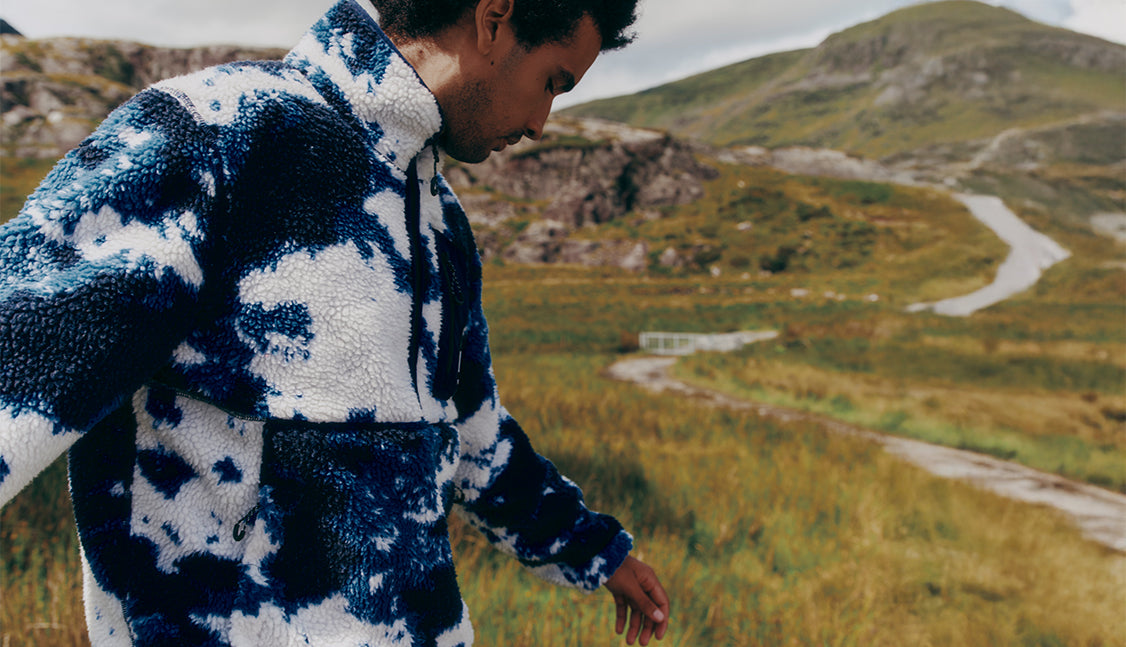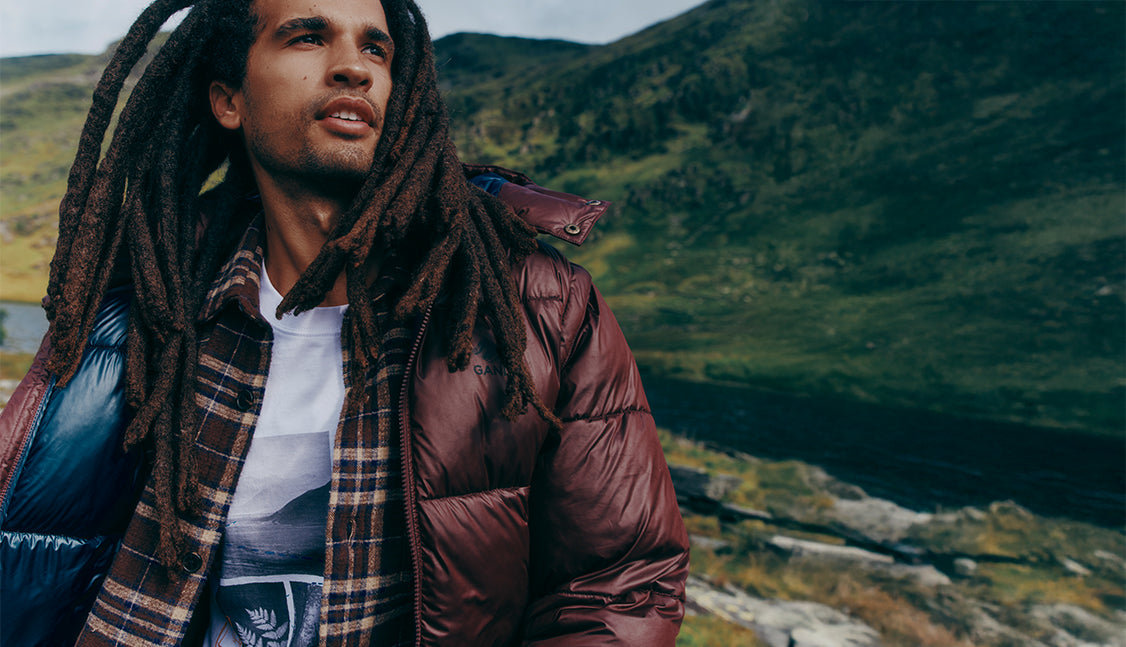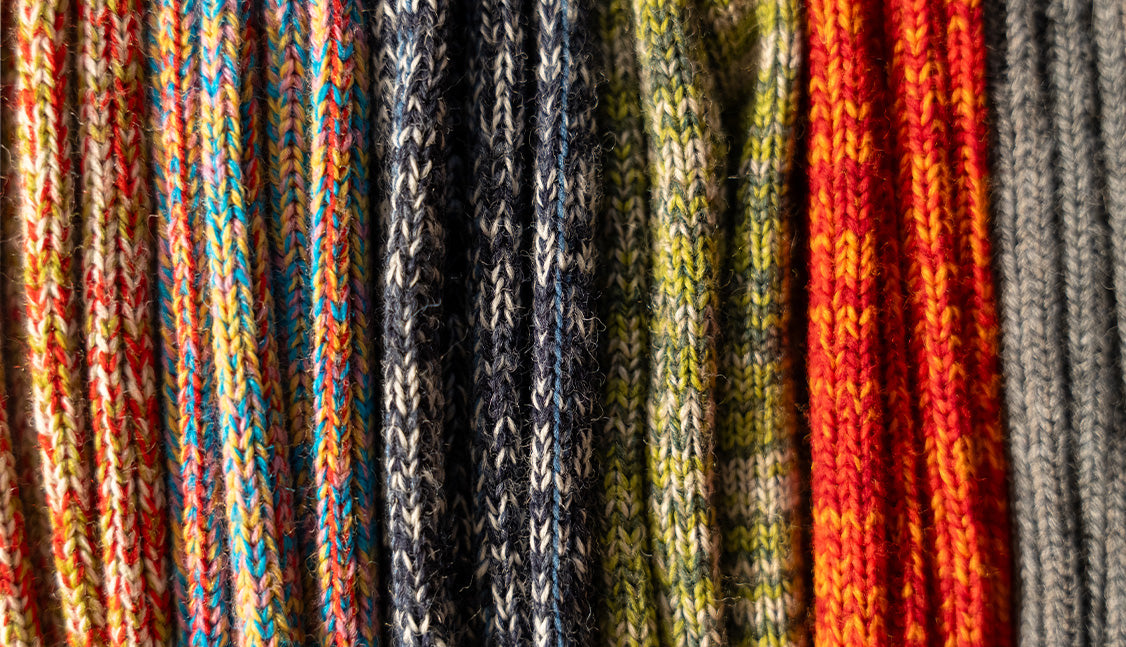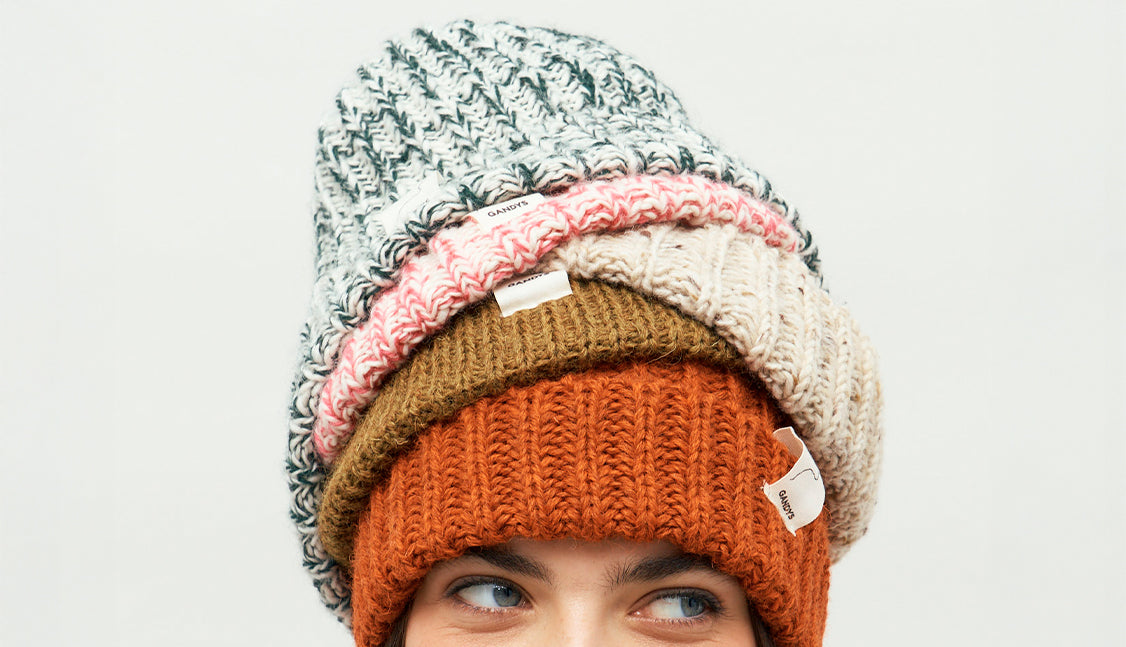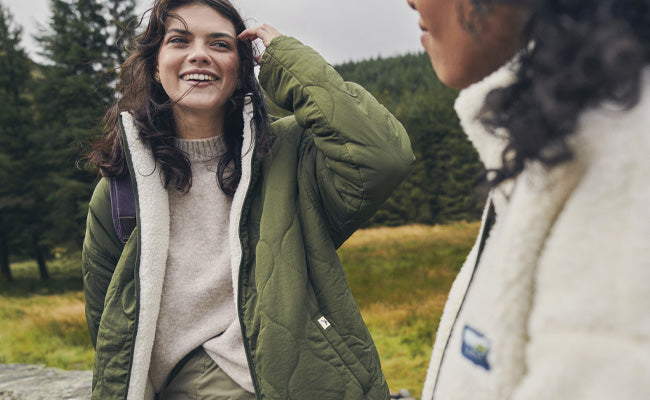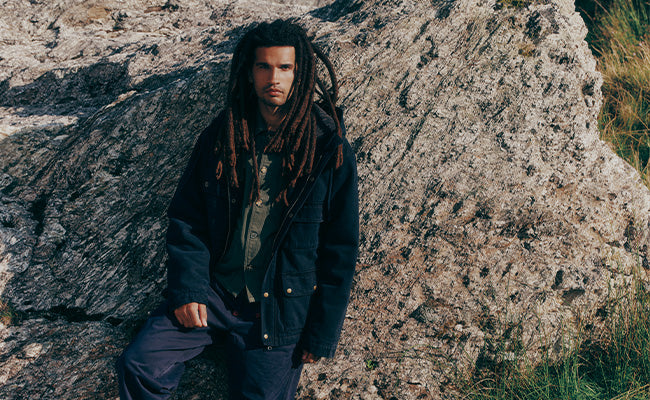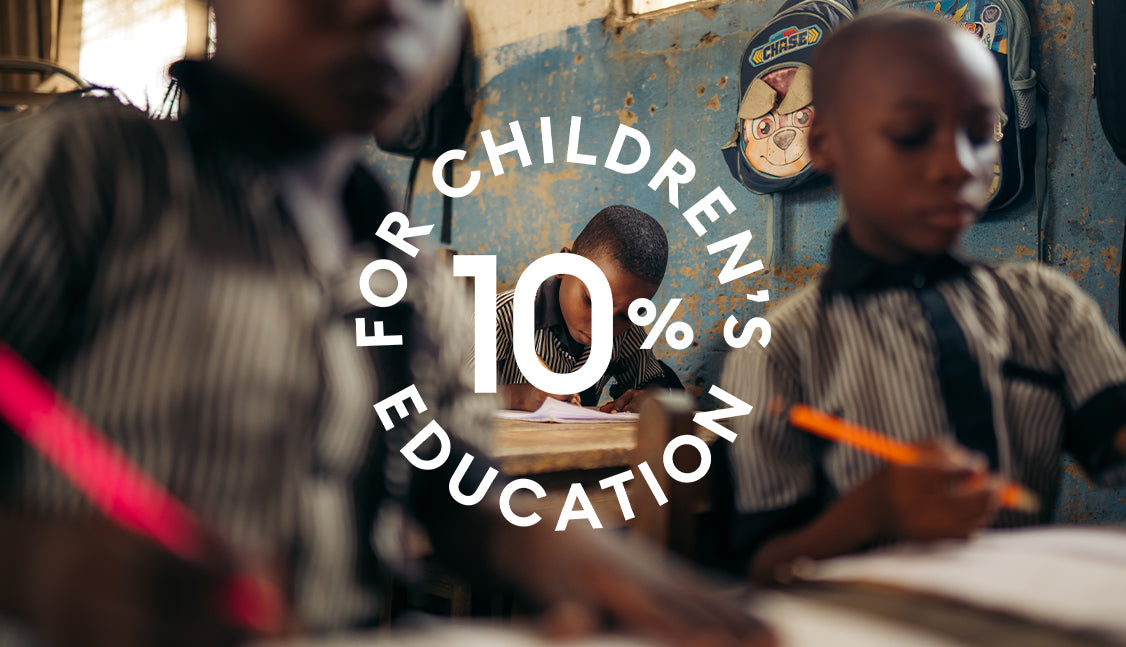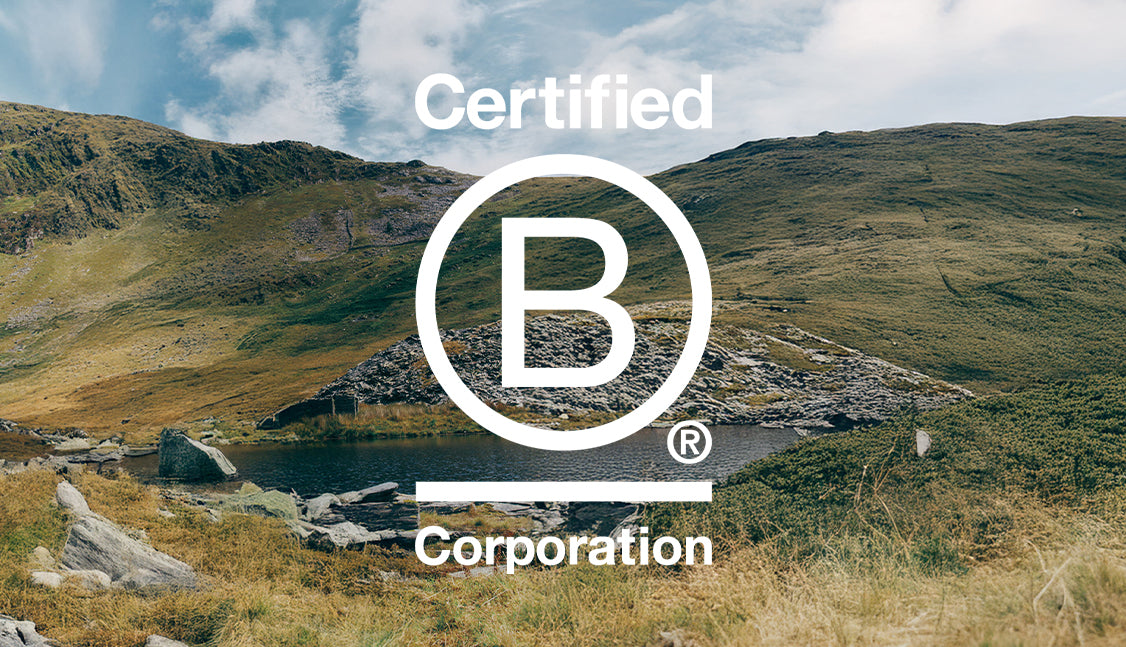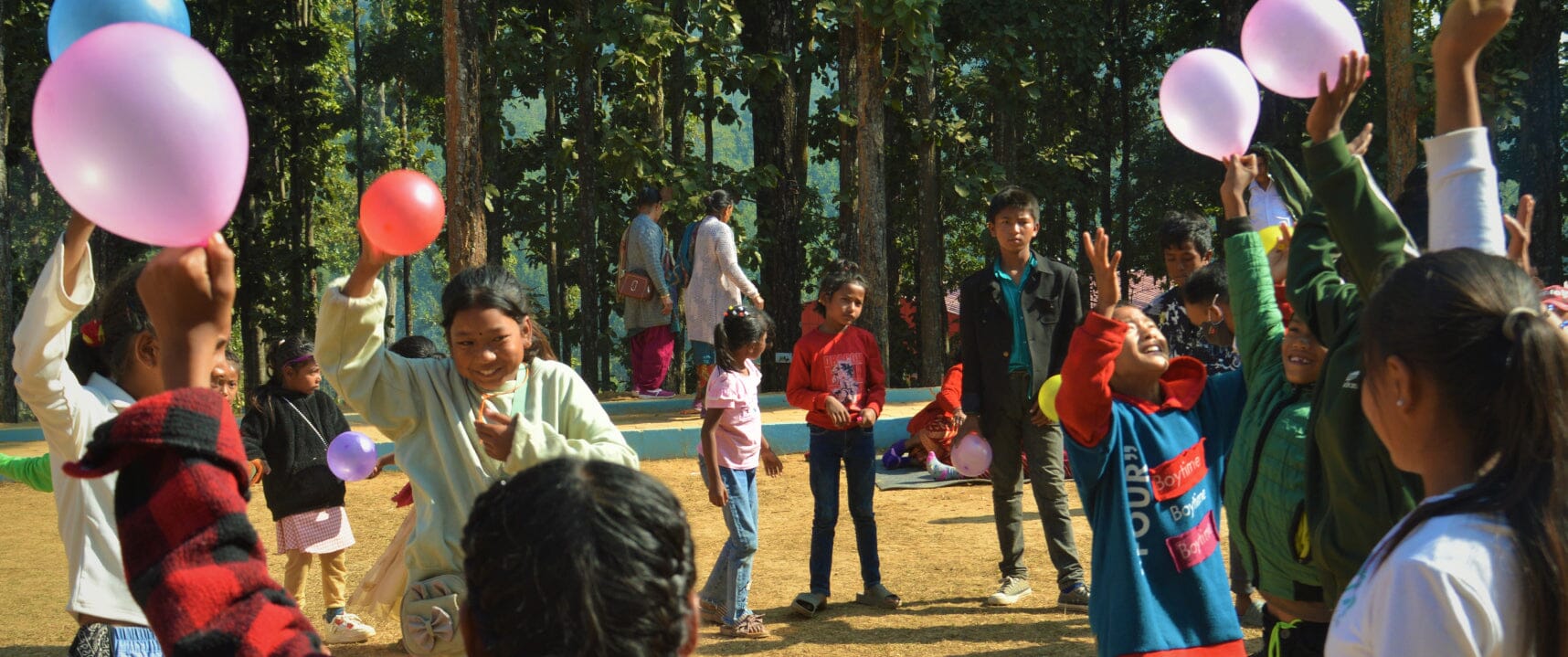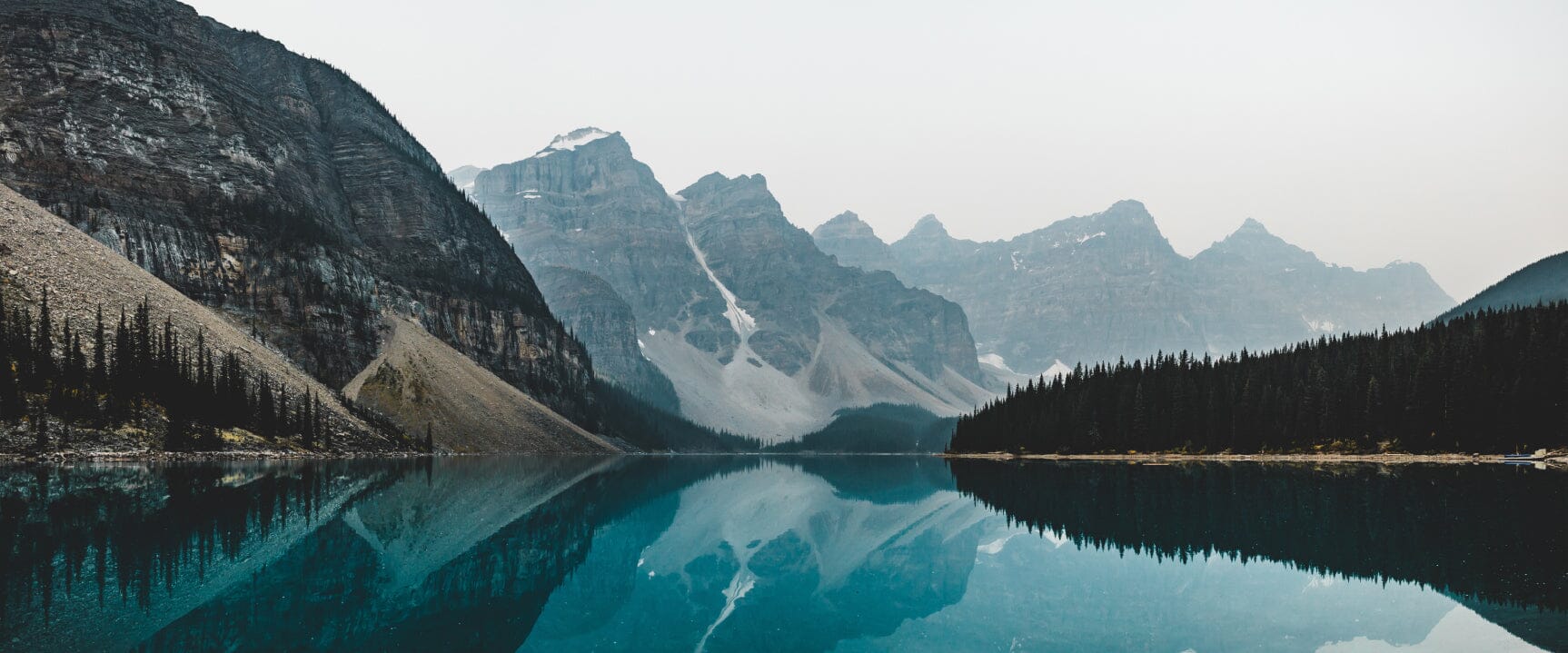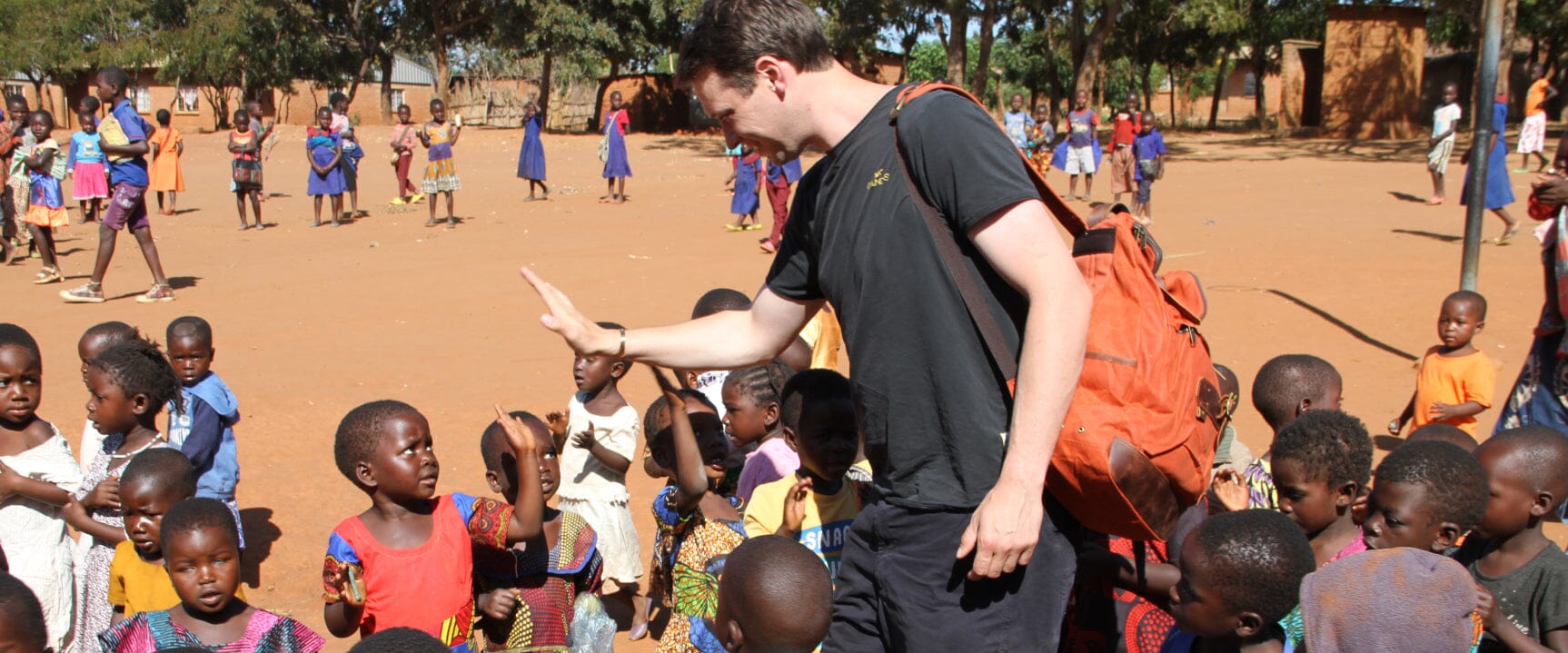
Tips for Visiting Malawi
As Gandys founder Paul reaches Malawi on his grand tour, we thought it might be useful to learn a bit more about the country and what to pack – or not pack - if you’re lucky enough to pay a visit or even become a volunteer and help us to educate 1 million kids.
African Vision Malawi is one of the global organisations supported by Gandys. Based in the capital Lilongwe, AVM has a growing list of beneficiaries, including more than 4,000 people who are disabled, orphaned and vulnerable.
[break]
‘The Warm Heart of Africa’, but with traditional values'
Malawi is known as the Warm Heart of Africa for a number of reasons: for the kindness of its people, it’s breathtaking landscape and incredible wildlife. In Chichewa, “Malawi” means “fire”, which derives from the beauty of the sunrise and sunset over Lake Malawi.
Considered one of the places that’s kindest to strangers, Malawi is very safe to visit or live. Malawi is a friendly place. Villagers are always happy to shake your hand and their flag is all about freedom, hope and the country’s evergreen nature.
But don’t confuse freedom with a modern ‘anything goes’ attitude. Christianity is the predominant religion, so meeting and celebration start and end with a prayer, you can’t drink alcohol in villages, and women are expected to keep shoulders and knees covered, especially in rural areas.
So pack accordingly – or when you arrive get yourself a ‘chitenje’ – a piece of traditional fabric to wrap around you when out in rural areas. And given the country’s seasonal sub-tropical climate, take a hat and some sunglasses, as well as lip salve and sunscreen.
[break]
Leave the cutlery behind
Eating with your fingers is the traditional method, especially when eating Nsima (maize and water, like polenta) with cabbage, onions and tomatoes or eggs or meat. Your hands are always washed thoroughly before and after eating. Often someone will pour a cup of water and take your time to ensure a thorough clean. Packing hand sanitizer is also an idea just to make sure.
What about tech and communications?
International calls can be VERY expensive. A top tip is to bring an old, unlocked phone and buy and register a cheap SIM. Incoming calls are free, and WhatsApp works a treat. Bundles are available too, but DYOR and find someone trusty for the latest advice and deals! Internet cafes are also available, and most lodges are online.
If you’re coming from the UK you’re in luck as plugs are the familiar 3-pin variety. Although as power cuts are pretty common it’s well worth packing chargers to keep you powered up, and a torch so you can find them.
Getting in, staying in and coming back later
Make sure your passport has at least 6 months before expiry, and bring $50 to pay for your 30-day visa. To extend this to 90 days you’ll need to visit the Immigration Office – get there at 0800 opening time to avoid disappointment. If you want to stay longer it’s best to visit Zambia or Tanzania, then come back and start the process again.
Capturing the moment
Malawi is bursting with photo opportunities to take a good camera. People in rural areas love to have their photo taken, and will be happy to pose and keen to see the photos you’ve taken. If you hear ‘jambilani’ it means ‘snap’ and you are clear to start snapping. Be a bit more careful in the urban areas where tourism is more common and people can take offence or ask for payment. Always ask first.
[break]
Every day is a wildlife safari
Take a pair of Gandys flip flops so when you get out of bed you don’t get too friendly with spiders, cockroaches, termite sand other bugs. Most of them are more scared of you than you are of them, but if you leave food out they might investigate a bit closer. Remember to take strong insect repellent, and always welcome lizards and geckos – they are fun to watch and also eat mosquitoes.
If you’re a bit worried about snakes coming out of the dark then stamp your feet and they will head in the opposite direction. Snakes are not that common, and most places have dogs who will scare off unwelcome guests on your behalf. On the other hand, if you’re up at the lake, watch out for thieving monkeys!
Health and safety gone sensible
Always take advice as to which jabs are recommended for a trip to Malawi. If you’re swimming around reeds then keep an eye out for the snails that carry the Bilharzia parasite, and if you’re worried about symptoms – temperature, rash, diarrhoea, general feeling of being unwell - then you can get your doctor to do a test after 6 months. There is 11% HIV/AIDS in Malawi so make sure all wounds are clean and covered. Take plasters, antibacterial gel and other toiletries you might need.
Remember that this is a country with a lot of poverty. Don’t throw gifts and sweets from vehicles as your good deed may backfire in the scramble to grab them. This also encourages begging. Always ask an expert about the process, and about anything you can pack for controlled distribution.
Keep your souvenirs safe
Malawi has a wide range of wood carvings that make great keepsakes, but they can be fragile, so pack some tape and bubble wrap for the job.
Mind your language
English is spoken, but why not pack a few handy phrases in Chichewa - the most widely spoken and understood language in Malawi? Here’s a few phrases to impress:
